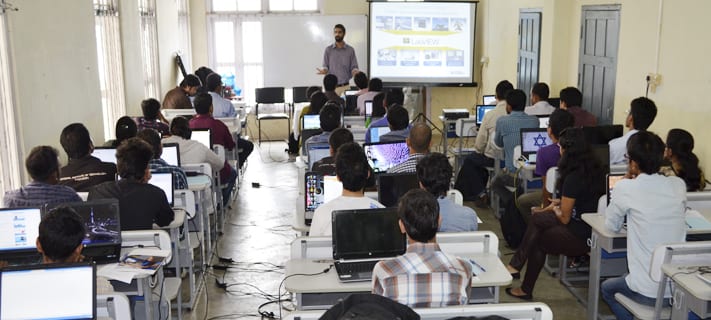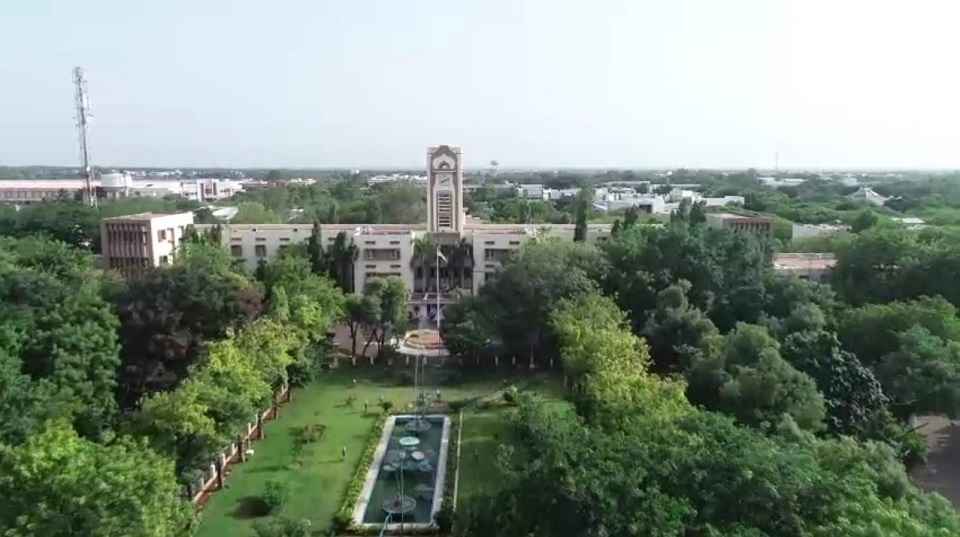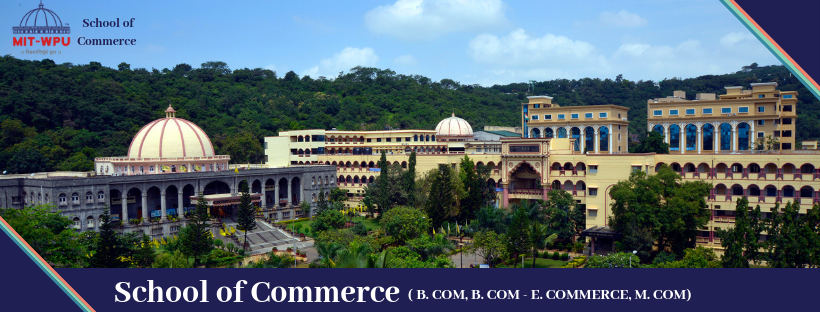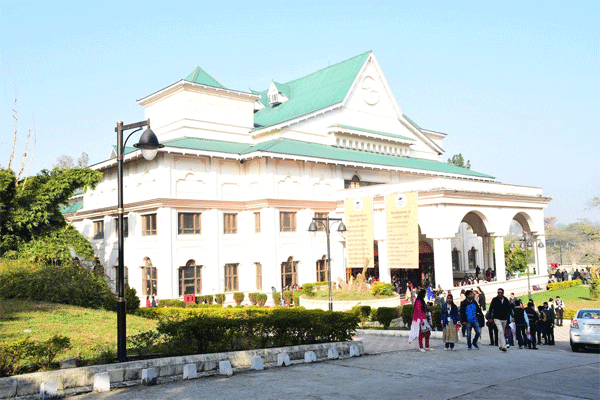New Delhi, 27 Sept 2019: In a landmark decision, new appointments in teaching positions in Indian Institutes of Technology (IITs) will be through tenure track system, under which IITs will have more flexibility in recruitment without insisting for necessary three years post-PhD experience.
Switch to tenure track system for fresh recruitment decision has been taken by Council of Indian Institutes of Technology (IITs) at IIT Delhi held today. The meeting was chaired by Union HRD Minister Shri Ramesh Pokhriyal ‘Nishank.
As per tenure track system, the performance of such faculty members will be reviewed by an Internal Review Committee after three years, and by an External Review Committee after fifth year based on which the decision for their retention or promotion to the next higher grade will be decided. It was also decided that the first and second generation IITs will not engage faculty members from third generation IITs before they complete a minimum of two years.
In the tenure track system, the performance of a young faculty member joining as an Assistant Professor is evaluated at the end of five years, and his position is made permanent if his or her performance has been satisfactory. If the person fails to make the cut, he or she is asked to leave.
Other decisions taken at the 53rdMeeting of the Council of IITs:
Every IIT will work on improving their research excellence and through that their national and international rankings. For this, each IIT will come up with their action plan.
For promoting IITs as global education destinations, foreign students – including the OCI card holders with foreign passport & have studied abroad – would be provided direct entry to appear in the JEE Advanced examinations. Further, IITs would prepare a scheme for providing scholarships for the bright foreign students to study in IITs. They would also explore the possibility of offering online programmes to students both in India and abroad. The process of recruiting foreign faculty would be continued by liberalising the current regulatory processes.
A major drive will be launched for improving the hostel facilities and rebuilding the dilapidated hostels. Separate funding for this would be earmarked under HEFA. Further, where possible, the PPP model would be implemented which would be started by IIT Delhi.
The Council approved, in principle, recommendations of the three Member Committee constituted for suggesting reforms in M.Tech system. The Committee has, inter-alia, recommended uniform fee structure for M.Tech programme in all IITs, and for charging the same fee for M Tech as in B Tech programmes. Institutions are encouraged to move towards sponsored students or even sponsored programmes as per requirement of industry.
Academically weak students, who are not able to secure the required credits for promotion to the next semester may be allowed an exit option with a degree programme after second semester, rather than being forced out of the programme. Individual IITs will decide modalities for this.
In order to ensure that students passing out from IITs do not face any difficulty in foreign countries with regard to their degrees not being accredited by the designated authority, the Council decided that external peer review of IITs will be done by an External Review Committee in the format prescribed by the NBA and based on the review by the Committee, accreditation will be given by NBA.
Continuation of the weaker section scholarships for slow paced students for one additional year beyond the regular term of four years.
Each IIT will identify their thrust areas for specialization and communicate the same to MHRD within a month. In these areas, they have to set up nation-best research facilities.
The HRD Minister launched a common IIT/IISc admission portal developed by IIT Bombay for international applicants interested in pursuing postgraduate studies.









